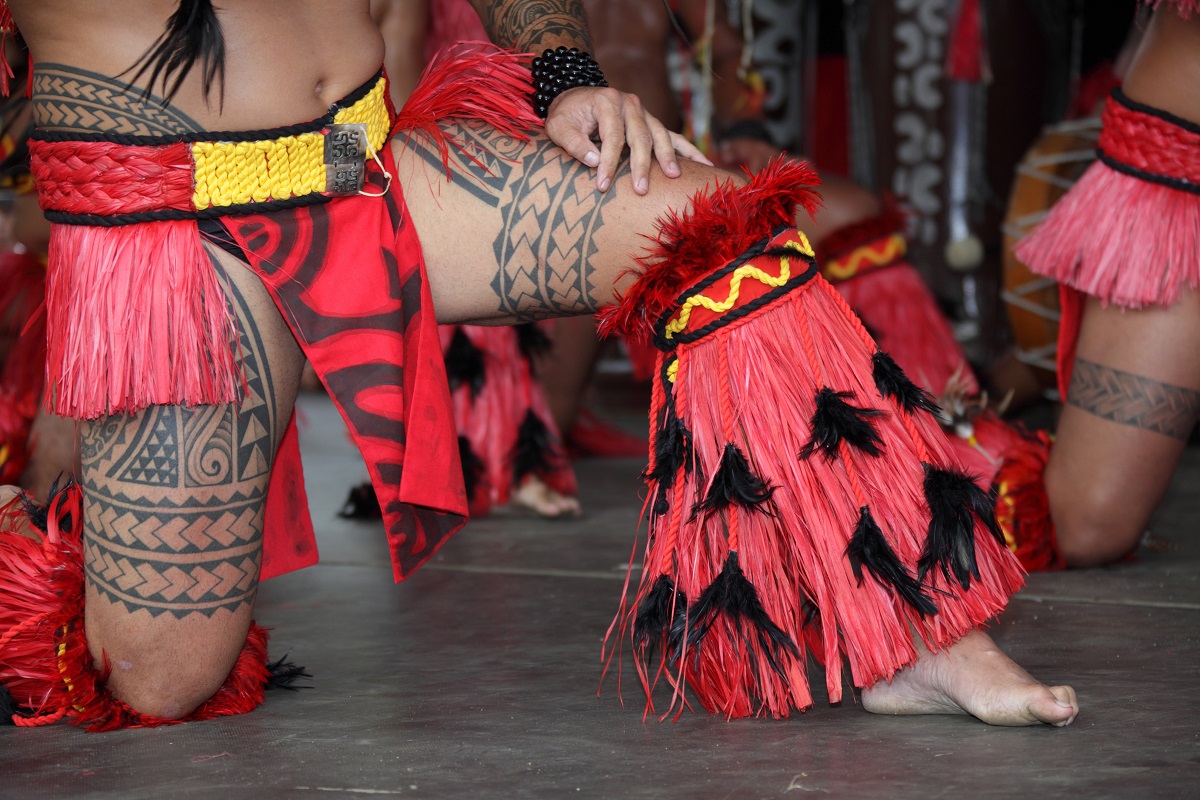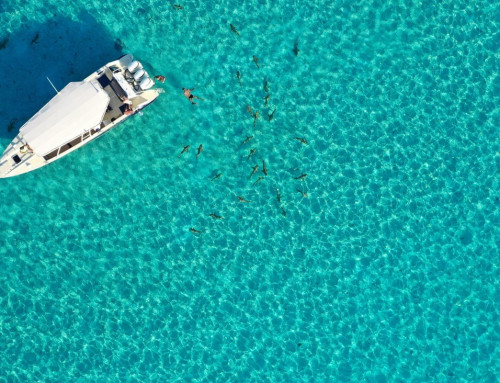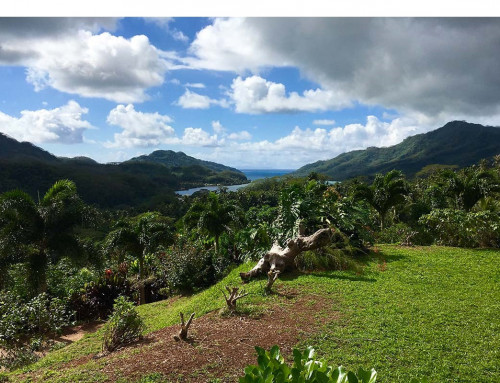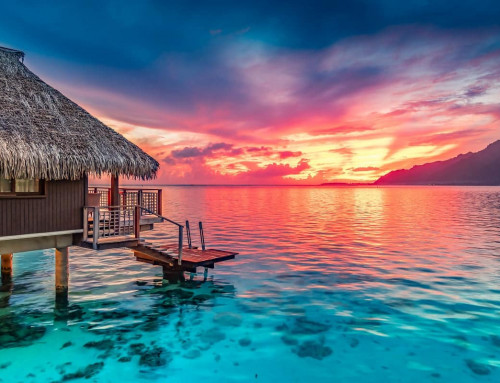Polynesian tattoos originated in the Marquesas Islands. They are now widespread throughout French Polynesia. Men and women wear their tattoos with pride. While visiting the islands, will you let yourself be tattooed? A good idea as long as you understand the meaning.
Polynesian Tattoos: Individual & Community
Symbolism of Polynesian Tattoos
Above all, Polynesian tattoos are a story of combined symbols. The motifs are inserted and overlap to constitute a harmonious whole, sublimated by an incredible aesthetic. Each combination tells a personal story inked/anchored on the skin. However, this self-affirmation is above all the expression of a feeling of belonging to the community. Polynesian tattoos become a dialogue mixing individual and collective heritages.
You will find many motifs in common. The ocean represented by waves refers to the notions of abundance, life but also to the distant beyond. Therefore, it is not surprising to also find the creatures of the sea: the turtle, the manta ray and even the shark. Each animal displays distinct values.
Frequently adopted, the tiki or Polynesian half-god symbolizes protection and strength. The men he protects are represented by many motifs whose combination tells of an important life passage: adulthood, marriage and family. Warrior symbols recall the strength of the individual and his heroic deeds.
Polynesian Tattoos & National Identity
In pre-European times, Polynesian tattoos were a cultural norm serving to hold the group together. They indicated the individual’s genealogy or social rank, and permeated every stage of his or her life. They affirmed the role of each individual within the community, clan and family.
Christian missionaries fought against this norm, judging it to be a pagan symbol and an act of defiance against colonial power. Forced evangelization and repression virtually erased the Polynesian tattoo from the collective memory. Only in the 1980s did Polynesians rediscover their cultural heritage. At first isolated, the phenomenon has been democratized to the point of becoming a norm again.
During your trip to Tahiti and the islands, you will notice that many natives are tattooed and wear traditional Polynesian designs on their bodies. This is not an aesthetic fad, but rather the mark of a revival of identity and culture.
Beware of Cultural Appropriation
Polynesians are very proud of their tattoos which are intimately linked to their way of life. This pride does not manifest itself in hostility towards the foreigner who wishes to be tattooed. In fact, this person will carry a piece of the islands’ culture with them, becoming an ambassador. However, there are limits to respect.
Some people reduce the Polynesian tattoo to its aesthetic qualities. Others will find with the tattoo an unforgettable memory of their trip in the islands. To avoid a phenomenon of cultural appropriation, it is essential to focus on the meaning of the motifs.
The appropriation can take a different form, for example with the addition of alien symbols like a heart or the face of a loved one. This would completely distort the meaning and aesthetics of the Polynesian tattoo, becoming hybrid and inconsistent. For these reasons, we recommend that you trust the tattoo artist.
Getting a Tattoo in Tahiti

Polynesian Tattoo Artists
In French Polynesia, you can consider tattoo artists as true performers. Moreover, many of them practice engraving, drawing or sculpting in order to perfect their approach to perspectives. Conscious of the heritage that they preserve and transmit, they are the guarantors of a traditional know-how.
The tattoo artist will be your personal contact and will sketch out your tattoo during an interview. He will try to understand your motivations and to know your personality. From this discussion, a unique and personal tattoo will emerge. Let him express his talent and creativity because he will refuse to copy an existing model.
Their agendas fill up quickly and it is advised to contact your tattoo artist well before your arrival in French Polynesia. Prices vary according to the studio and the size of your tattoo.
Some Tattoo Studios Addresses
Because of the healing process, you will not be able to swim or expose yourself to the sun. Therefore, it is better to make an appointment at the end of your stay in French Polynesia.
A large number of studios are located in Tahiti. In Papeete, artists are jostling for position. Talented and very professional, the Mana’o Tatto Studio and the NK Tattoo are two institutions of the Polynesian tattoo. Another collective with remarkable skills, Tattoo By Patu is in the line of master tattoo artists. For a more muted atmosphere, go to Efraima Tattoo, an intimate address of very high quality, in front of the market in Papeete.
While on Moorea, you won’t want to miss two exceptional studios, as much for their spirit as for the finesse of their work. Let’s mention Mate Tattoo in the northwest of the island and Haa’Mana Tatau next to the airport. Finally, go to Marama Tattoo on Bora Bora, the emblematic figure of Polynesian tattooing.
Discover the Polynesian Culture
If you also want a Polynesian tattoo, take the road to the islands yourself. Explore the authentic cultural sites and soak up the mana. Take the opportunity to discover the best things to do in French Polynesia. Your trip promises to be unforgettable. Contact us to organize your stay in the paradise of the South Islands.





Leave A Comment